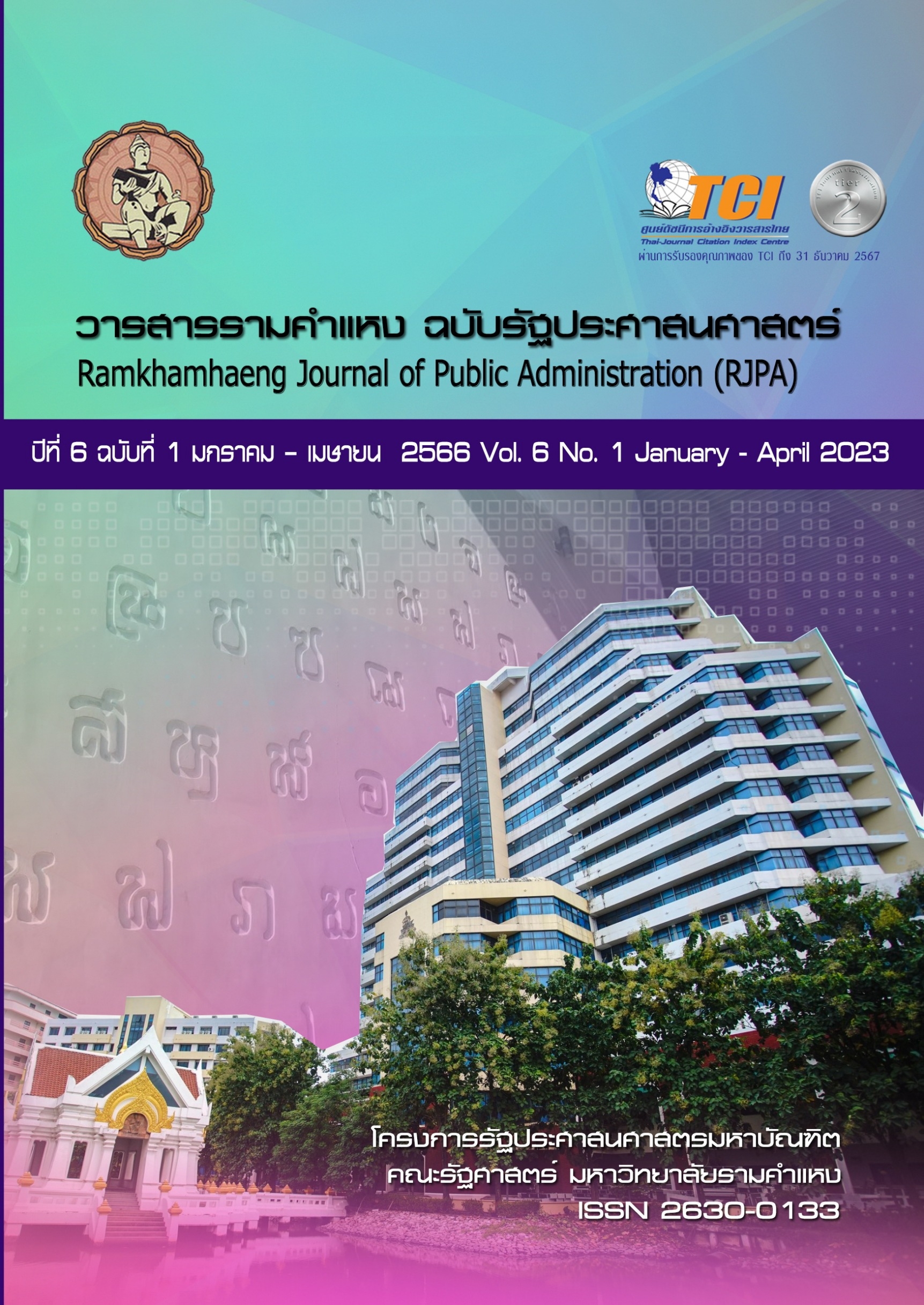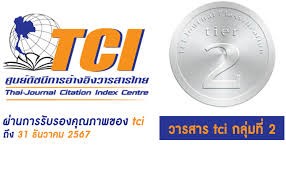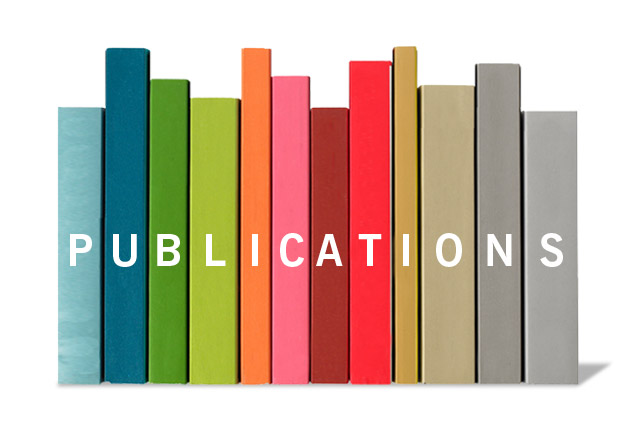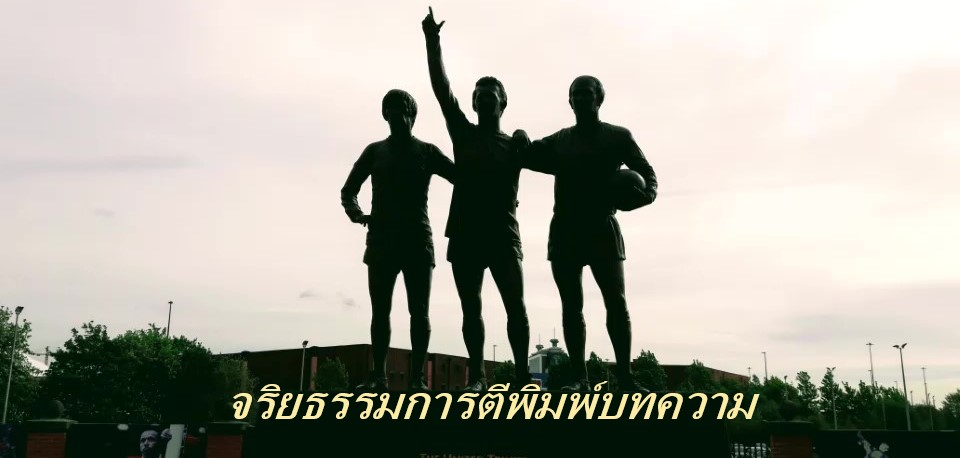บทบาทและการรักษาอำนาจของทหารและชนชั้นนำทางการเมือง ในเมียนมา ตั้งแต่ ค.ศ. 1948-2010 (The role and maintenance of military power and political elite in Myanmar from 1948 – 2010)
Abstract
บทคัดย่อ
บทความวิจัยนี้มีวัตถุประสงค์ เพื่อศึกษาบริบท ที่มา ปัจจัยสิ่งแวดล้อมของการได้อำนาจทางการเมืองของทหารและชนชั้นนำทางการเมือง และศึกษาบทบาทและการรักษาอำนาจทางการเมืองของทหารและชนชั้นนำทางการเมืองของเมียนมา ช่วง ค.ศ. 1948-2010 เป็นการวิจัยเชิงคุณภาพโดยใช้วิธีทางประวัติศาสตร์ในการศึกษา สํารวจข้อมูล หลังจากนั้นจึงนําข้อมูลมาวิเคราะห์และนําเสนอในรูปแบบพรรณนาความ ผลการศึกษาพบว่า การได้อำนาจทางการเมืองของทหารและชนชั้นนำทางการเมืองเกิดจากความหลากหลายทางชาติพันธุ์ ความเชื่อ อุดมการณ์ทางการเมือง การตกเป็นอาณานิคมและการเมืองโลก จึงทำให้เกิดการแย่งชิงอำนาจการเมืองของกลุ่มต่าง ๆ ตั้งแต่อดีตอย่างต่อเนื่อง โดยมีทหารเข้ามาชิงอำนาจทางการเมืองเช่นเดียวกับชนชั้นนำทางการเมืองอื่น ๆ นอกจากนี้บทบาทและการรักษาอำนาจทางการเมืองของทหารและชนชั้นนำทางการเมืองของเมียนมา ช่วง ค.ศ. 1948-2010 ตามทฤษฎีของเอริค นอร์ดลินเจอร์สามารถแบ่งได้ 3 รูปแบบตามช่วงเวลา ดังนี้ 1) ช่วง ค.ศ. 1948-1962 ช่วงการเป็นรัฐชาติเอกราช การเมืองภายในมีความผันผวน ปัญหาเชื้อชาติและอุดมการณ์ทางการเมือง รัฐสภาไม่มีประสิทธิภาพ อีกทั้งรัฐบาลไร้เสถียรภาพ เกิดความแตกแยกในประเทศ จำต้องอาศัยความเข้มแข็งของกองทัพหรือทหาร (Tatmadaw) เข้ามารักษาดุลยภาพทางการเมือง ซึ่งอยู่เบื้องหลังในฐานะ “ผู้ไกล่เกลี่ย” 2) ช่วง ค.ศ. 1962-1988 กองทัพได้รัฐประหารรัฐบาลนายอู นุ ทำให้นายพลเน วินซึ่งเป็นผู้นำกองทัพขึ้นปกครองประเทศตลอดระยะเวลาดังกล่าวแต่เพียงผู้เดียว ทหารได้เข้ามามีบทบาทนำในทุกมิติของสังคม โดยเฉพาะด้านการเมือง จึงทำให้บทบาทของทหารในช่วงเวลานี้มีฐานะ “ผู้ปกครอง” และ 3) ช่วง ค.ศ. 1988-2010 รัฐบาลทหารของเมียนมาถูกกดดันจากโลกตะวันตกอย่างต่อเนื่อง รวมถึงเกิดการต่อต้านขึ้นภายใน ส่งผลให้กองทัพต้องปรับบทบาทเพื่อธำรงอำนาจทางการเมืองของตนให้คงอยู่ จึงร่างและใช้รัฐธรรมนูญ ปี 2008 เป็นเครื่องมือรักษาอำนาจทางการเมืองของทหาร เมื่อเกิดการถ่ายโอนอำนาจทางการเมืองจากรัฐบาลทหารไปยังรัฐบาลพลเรือนที่มาจากการเลือกตั้งทั่วไป ปี ค.ศ. 2010 ภายใต้รัฐธรรมนูญทหาร ทหารหรือกองทัพ ยังได้กำหนดให้ตนเองดำรงอยู่อำนาจต่อไปในฐานะ “ผู้พิทักษ์” ของประเทศเมียนมานั่นเอง
Abstract
This objectives of the study were to explore the context, origin, environmental factors of the political power of the military and the political elite, and to study the role and power retention of the military and the political elite in Myanmar during 1948-2010. It is a qualitative research method, using historical methods to study and explore data. It reveals that the political power of the military and political elites is due to diversity. ethnicity, belief, political ideology colonialism and world politics which resulted in continual struggle for political power of various groups since the past. Consequently, the military came to take political power as well as other political elites. In addition, the role and political power maintenance of the military and political elites of Myanmar during 1948-2010 according to Eric Nordlinger’s theory framework analysis found that: 1) during the period 1948-1962, during the period of an independent national state Internal politics are volatile. Racial and political ideology issues and Parliament is inefficient. In addition, the civilian government of Mr. U Nu unstable. There was a division in the country, requiring the strength of the army (Tatmadow) to maintain political balance. behind as "Mediators" 2) During 1962-1988, after winning and returning to government again, U Nu was unable to maintain his power. Because the army has couped the government of U Nu, leaving General Ne Win, the leader of the army, to rule the country alone during that period. During this period, the military has played a leading role in all dimensions of society, especially in politics, thus making the role of the military during this period as “Ruler” and 3) During 1988-2010, Myanmar's military government was constantly under pressure from the West. Including internal resistance from students. As a result, a new generation of military officers seized power from General Ne Win, who adapted the role of the army to maintain his political power. Therefore, the 2008 constitution was drafted and used as a tool to maintain the military's political power. When political power was transferred from the junta to a civilian government through general elections in 2010 under the military constitution, The military or the army has also assigned itself to continue to hold power as the "Guardian" of Myanmar itself.




 Publication Policy (นโยบายการตีพิมพ์บทความ)
Publication Policy (นโยบายการตีพิมพ์บทความ) Publication Ethics (จริยธรรมการตีพิมพ์บทความ)
Publication Ethics (จริยธรรมการตีพิมพ์บทความ)